
General elections were held in Denmark on 22 November 1966, although in Greenland the elections were held on 6 December 1966. The Social Democratic Party remained the largest in the Folketing, with 69 of the 179 seats. Voter turnout was 88.6% in Denmark proper, 48.8% in the Faroe Islands and 59.0% in Greenland.

Presidential elections were held in Chile on 4 September 1964. The result was a victory for Eduardo Frei Montalva of the Christian Democratic Party, who received 56% of the vote.
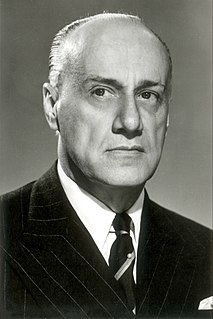
Presidential elections were held in Chile on 4 September 1958. The result was a victory for Jorge Alessandri, who ran as an independent.
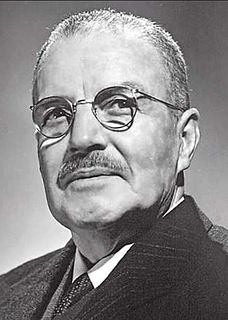
Presidential elections were held in Chile on 4 September 1952. The result was a victory for Carlos Ibáñez del Campo, who ran as an independent.

Presidential elections were held in Chile on 25 October 1938. The result was a narrow victory for Pedro Aguirre Cerda of the Radical Party, who received 50.5% of the vote.
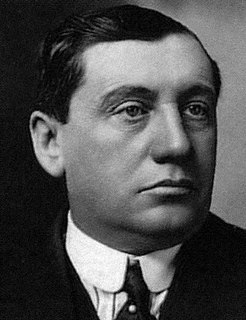
General elections were held in Chile on 30 October 1932. Arturo Alessandri of the Liberal Party was elected president, whilst the Conservative Party and Radical Party emerged as the largest parties in the Chamber of Deputies.

Presidential elections were held in Chile on 4 October 1931. The result was a victory for Juan Esteban Montero of the Radical Party, who received 64% of the vote.

Presidential elections were held in Chile on 22 May 1927, following the resignation of President Emiliano Figueroa. The result was a victory for Interior Minister Carlos Ibáñez del Campo, who ran as an independent and received 98% of the vote.

Presidential elections were held in Chile on 22 October 1925. They were the first direct elections in the country's history and the first to be held under the new 1925 constitution. The result was a victory for Emiliano Figueroa, who received 71% of the vote.

General elections were held in Mexico on July 6, 1988.
Elections to the Supreme Soviet were held in the Soviet Union on 12 March 1950.

General elections were held in Bolivia on 1 July 1979. As no candidate in the presidential elections received a majority of the vote, the National Congress was required to elect a President. However, the Congress failed to elect a candidate after three ballots, and instead selected Senate leader Wálter Guevara to serve as Interim President for a year on 8 August. Guevara was later overthrown by a military coup led by Alberto Natusch on 31 October. Fresh elections were held in June 1980.

General elections were held in Bolivia on 31 May 1964. Víctor Paz Estenssoro of the Revolutionary Nationalist Movement (MNR) was the only candidate for president, and was re-elected with 98% of the vote. The MNR retained its large majority in Congress.
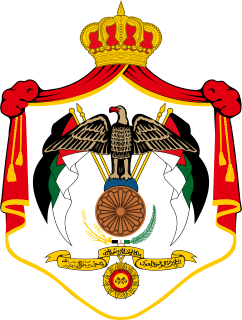
General elections were held in Jordan on 29 August 1951. As political parties were banned at the time, all candidates ran as independents, although some affiliated with the Jordanian Communist Party, the Ba'ath Party the Arab Constitutional Party and the Umma Party all won seats.
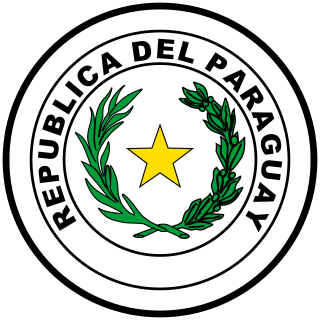
General elections were held in Paraguay on 9 May 1993. In the country's first honest election, as well as the first with no military candidates since 1928, Juan Carlos Wasmosy of the Colorado Party won the presidential election. The Colorado Party remained the largest party in the Chamber of Deputies and the Senate, albeit with only a plurality. The opposition Authentic Radical Liberal Party and National Encounter Party held a majority of the seats in both chambers, later supplemented by the Colorado Reconciliation Movement which broke away from the Colorado Party. Voter turnout was 69.0% in the presidential election, 67.6% in the Chamber elections and 69.4% in the Senate elections.

Parliamentary elections were held in Hungary on 25 and 26 January 1920. However, they were only held in 164 districts. After the Treaty of Trianon was signed, the 44 districts previously occupied by Romania voted between 13 June and 5 July, whilst the 11 districts occupied by Serbia did not vote until 30 and 31 October 1921. The election was held with compulsory voting. In protest at this and other changes to the franchise that left 60% of the voting age population unable to vote, the Hungarian Social Democratic Party boycotted the elections, and called for its supporters to cast invalid votes, resulting in an unusually high number of blank or invalid votes - 11.8% in the January elections and over 20% in Budapest and other major cities.

Presidential elections were held in Colombia on 9 February 1930. The result was a victory for Enrique Olaya Herrera of the Liberal Party, who received 44.9% of the vote. He took office on 7 August.

Presidential elections were held in Colombia on 1 May 1938. Eduardo Santos of the Liberal Party was the only candidate after the Conservative Party decided not to contest the elections, and received 100% of the vote. Voter turnout was only 30.2%. Santos took office on 7 August.
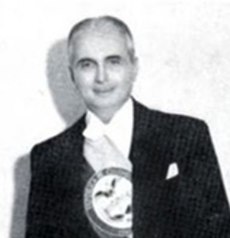
Presidential elections were held in Colombia on 5 May 1946, pitching the Colombian Conservative Party against two different Colombian Liberal Party candidates. The Liberals received more votes combined, but due to their division the result was a victory for Mariano Ospina Pérez of the Conservative Party, who received 41.4% of the vote. One of the Liberal candidates, Gabriel Turbay, was also supported by the Social Democratic Party.

Presidential elections were held in Colombia on 4 May 1958. They were the first presidential elections since 1949, following a military coup against President Laureano Gómez in 1953. Following the coup, the two main parties came to an agreement on holding office for alternating periods of four years. The agreement, known as the National Front, was approved in a 1957 referendum.
















